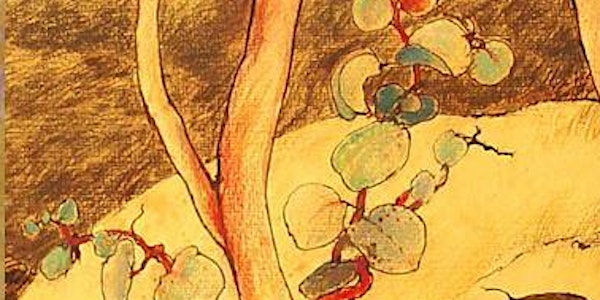
Lessons in Disaster Online Training
Join us for the Lessons in Disaster online training package.
Date and time
Location
Online
About this event
- 1 day 4 hours
Gender and Disaster Australia is delivering our award winning Lessons in Disaster training to an online audience.
Tickets are free thanks to federal funding from the Commonwealth Government, through the National Plan to End Violence Against Women and Children 2022-2032.
Do you work with communities affected by disasters? Don't miss out on our valuable Lessons in Disaster training.
With the heightened probability of more intense and frequent disasters due to climate change, coupled with social fragmentation and mounting pressure on emergency services, communities face growing challenges in recovery. Extended recovery periods will have an adverse effect on families, partners, and specific vulnerable groups. Research has demonstrated an upsurge in domestic and family violence following such disasters.
O ur Lessons in Disaster training will help you understand:
- The distinct experiences of women, men, and LGBTIQA+ people during disasters.
- How gender roles often expect men to protect and provide while women are expected to prioritise nurturing others at the expense of their own safety.
- That LGBTIQA+ people's needs are frequently overlooked in disaster situations.
- That applying a gendered lens at every stage of disaster leads to stronger and more inclusive communities in recovery.
This training package contains four x 90minute sessions.
Day One
10.30am to 12.00pm - Session 1: Gender and Disaster - the Evidence
1.00pm to 2.30pm - Session 2: The Drivers of Family Violence
Day Two
10.30am to 12.00pm - Session 3: Disaster, Gender and Diversity
1.00pm to 3.00pm - Session 4: Working Towards Change
EVIDENCE
Gender and Disaster Australia has been awarded at state, federal and international levels.
2019 - The 2019 Resilience Australian National Significance Award for ‘Addressing domestic violence in disasters through implementing National GEM Guidelines’
2019 - The Victorian Resilient Australia Community Award 2019 for the ‘Long-term Disaster Resilience’ research report.
2017 - The Mary Fran Myers Award 2017 was awarded to Dr Deb Parkinson by the Natural Hazards Centre in Boulder, Colorado, and the Gender and Disaster Network.
2014 - Resilient Australia Award, sponsored by the Attorney-General’s Department, for ‘Gender & Disaster: Leading the Change’, in the category of ‘Projects of National Significance’.
2013 - Victorian Health Promotion Foundation Award for ‘Family violence after natural disaster research: Breaking new ground’, in the category of ‘Knowledge and Understanding’.
Are you interested in becoming a GADAus trainer?
Gender and Disaster Australia (GADAus) is recruiting Lessons in Disaster graduates to join our nationwide pool of accredited trainers. If you possess professional training experience or an equivalent skillset, and are committed to promoting gender equity, we warmly invite you to submit an EOI to participate in our two-day intensive Train the Trainer program.
By joining our team of trainers, you will have the opportunity to learn about the different ways communities respond to and recover from disasters.
Training is competitively remunerated and ongoing support and professional development is offered by GADAus through membership of our Practice Leadership Group.
To become a GADAus accredited Trainer:
1. Complete all four sessions of Lessons in Disaster training
2. Complete an online EOI
3. Email your CV to r.mackay@gadaustralia.com.au
5. Complete the two-day Train the Trainer program
6. Deliver one session under supervision and attend a feedback session with the lead trainers
7. Sign the Licencing Agreement and return to GADAus
8. Commit to attending the Practice Leadership Group
Organised by
Gender and Disaster Australia (GADAus) : addressing the harmful impacts of gender stereotypes in disaster.